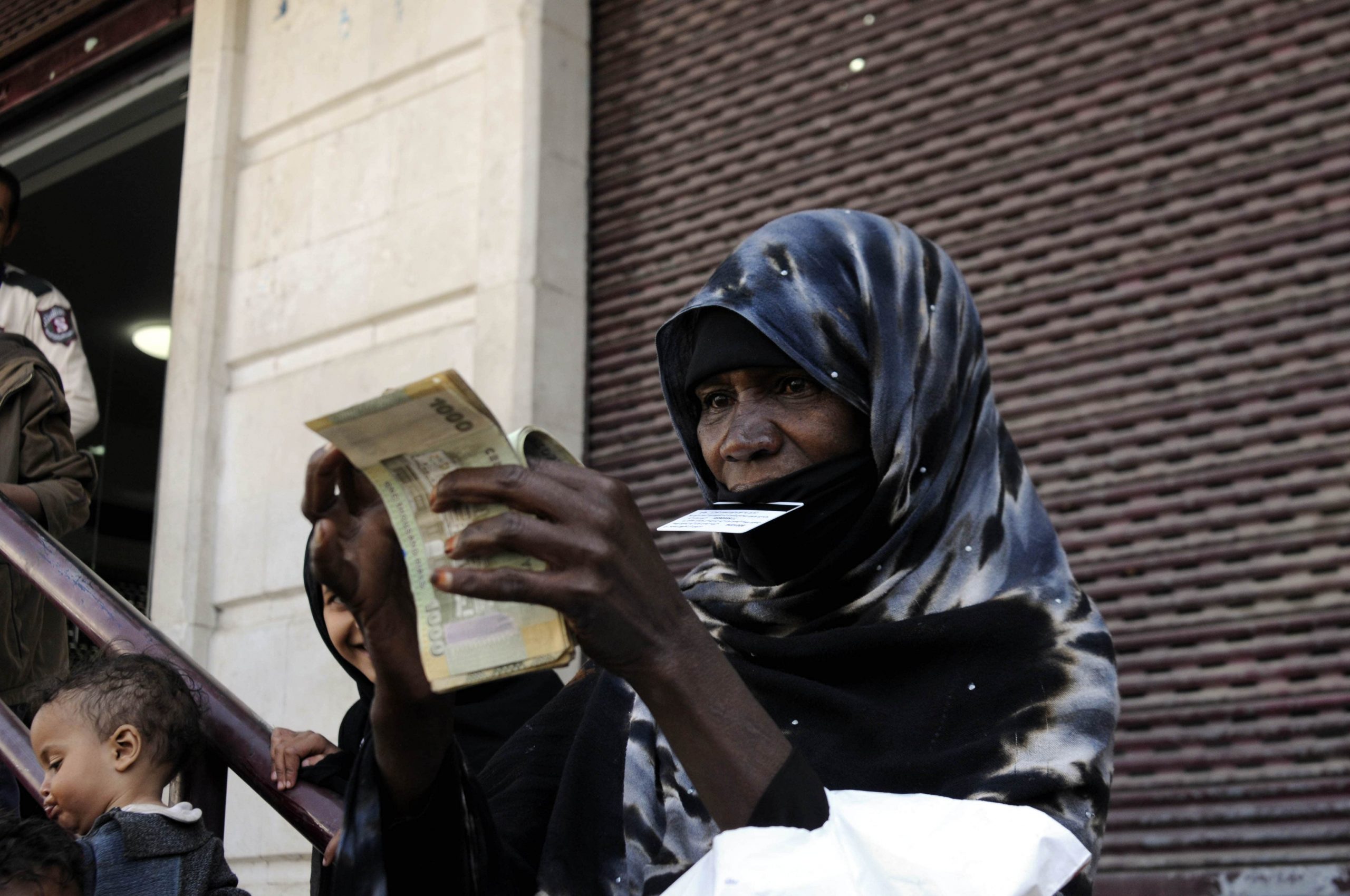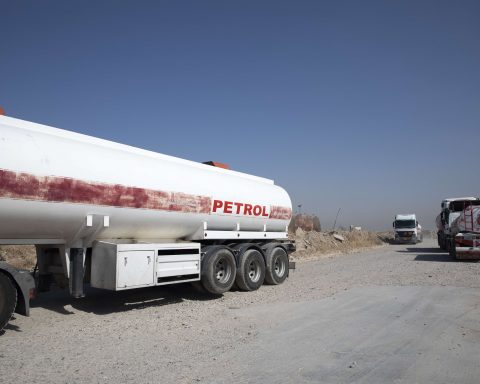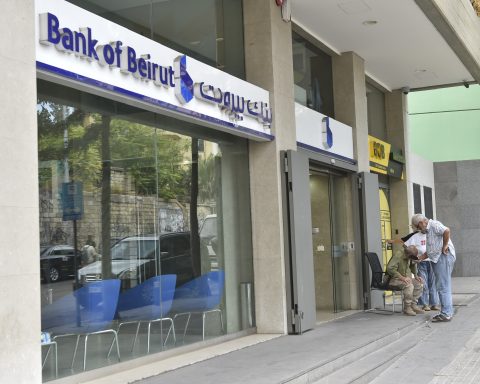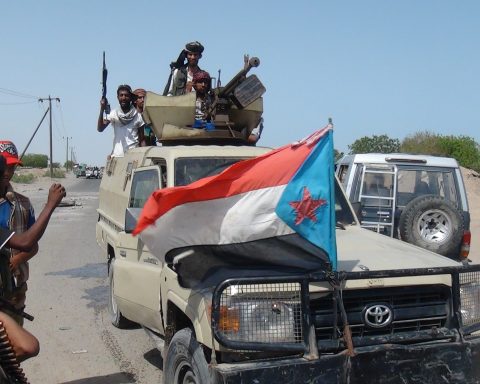Yemen’s internationally recognized government reportedly decided to reduplicate the US dollar exchange rate, which is used in determining customs duties on non-essential goods in areas controlled by itself. According to a senior government official, the decision was taken to fund public finances.
In accordance with the latest decision taken by the government, the exchange rate on customs duties was increased from 250 to 500 Yemeni riyals in dollars. Speaking on condition of anonymity due to not being allowed to make a statement to the media, the government official concerned said that the hike in duties does not cover convenience goods, including flour, sugar, cooking oil, and fuel.
Currently, other essential goods such as wheat, rice, milk, and medicine are held exempt from duties in the war-torn country where the UN defines the situation as the world’s largest humanitarian crisis with millions at risk of famine. In Yemen, which is going through more than six years of war, the economy has collapsed, and 80% of its population relies on aid. Most of the necessary goods are imported.
Yet, the adjusted rate is still lower than the current exchange rate of 980 riyals to the dollar in Aden, the country’s interim capital, where protests have erupted over unpaid salaries. In Yemen, both Iran-aligned Houthis and the legitimate government have their own central banks, a situation that causes dichotomy and affects the country’s economy.
Previously, the government has decided to print money to fund the deficit. However, Houthis banned these new notes under areas which they control, and the exchange rate in these areas is around 600 riyals to the dollar.
While the government holds control of the country’s second-largest port of Aden, Hodeidah port, the main entry point for commodities is controlled by the Houthi group. The government has difficulties funding public sector salaries as well as infrastructure investments because of depleted foreign exchange reserves.
Meanwhile, the Saudi-led Arab Coalition has placed an embargo on the sea and air routes in areas held by the Houthis, which severely affects the Yemeni people in this specific region due to the interruption in the flow of food and fuel.














